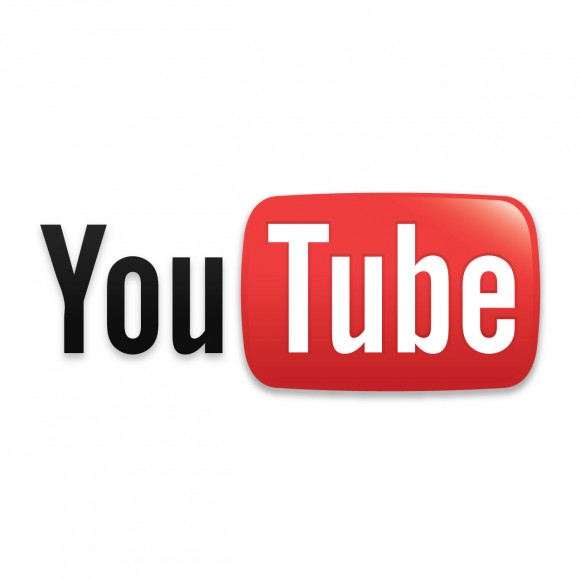Over the last few days rumours have surfaced that the multi-million dollar enterprise YouTube will ban Indie labels from their streaming service, if the bands do not subscribe to their new music contracts.
According to the BBC, Google -who have been the proprietors of YouTube since 2006- have been planning to launch a new music subscription service to rival similar services such as Spotify, Deezer and Beats Music.
These rumours began when Android Police noticed “Music Pass” appearing in YouTube’s Andriod app, which boasted that it would be launched later this year and have a monthly subscription fee for ad-free streaming.
In an interview with the Financial Times, YouTube’s executive Robert Kyncl admitted that plans for a new subscription service was legitimate, but did not comment on the likelihood of YouTube’s threat that it would literally ban independent music from their current video streaming service unless the bands signed up to their unfavourable contract.
The Guardian Newspaper interviewed YouTube back in May when these allegations were beginning to be shared. They commented saying “”YouTube provides a global platform for artists to connect with fans and generate revenue for their music. We have successful deals in place with hundreds of independent and major labels around the world, however we don’t comment on ongoing negotiations.”
As of last night a Google Spokesman has stated that “Our goal is to continue making YouTube an amazing music experience, both as a global platform for fans and artists to connect, and as a revenue source for the music industry” which appeared opaque. It was once more with the Financial Times that Robert Kyncl admitted “The Google-owned Company will start blocking videos in a matter of days to ensure that all content on the new platform is governed by contractual terms.”
YouTube has often been at the forefront of copyright law due to its nature of providing easy and free streaming of shared media on a global scale. However taking notes from the BBC, RT, Guardian and The Financial Times amongst many other notable sources it appears that dark days may be ahead with the consequences of how we stream our music online.
With many independent musicians feeling the brunt of the decline CD and mp3 sales due to our ever growing demand for fast library-based streaming, and with YouTube at the epicentre of these threats to disembowel the potential use of free media to share music and ideas, it appears that music, art and even literature is being forced into a contractual nightmare.
At best we can hope that these rumours are just that.

